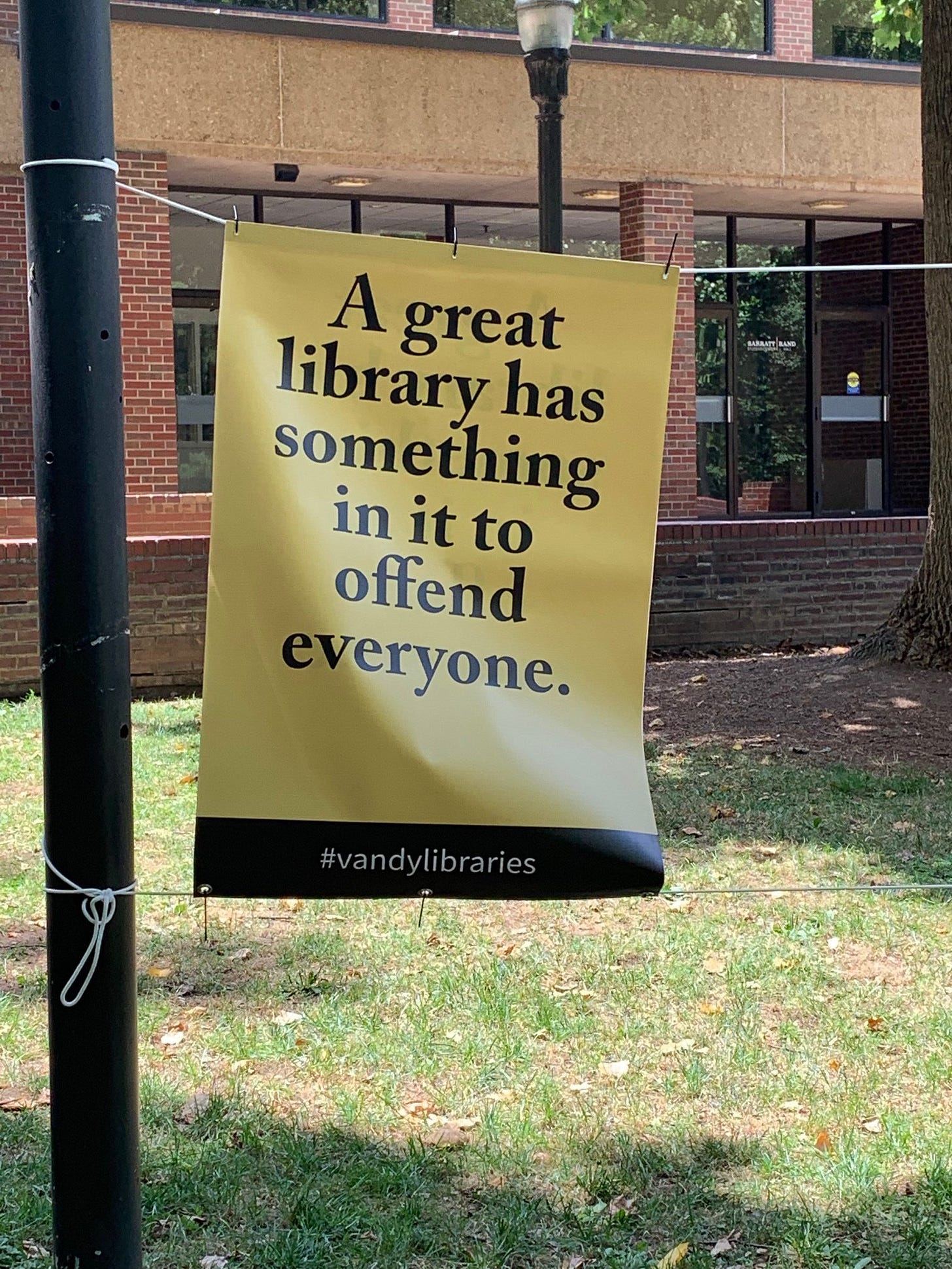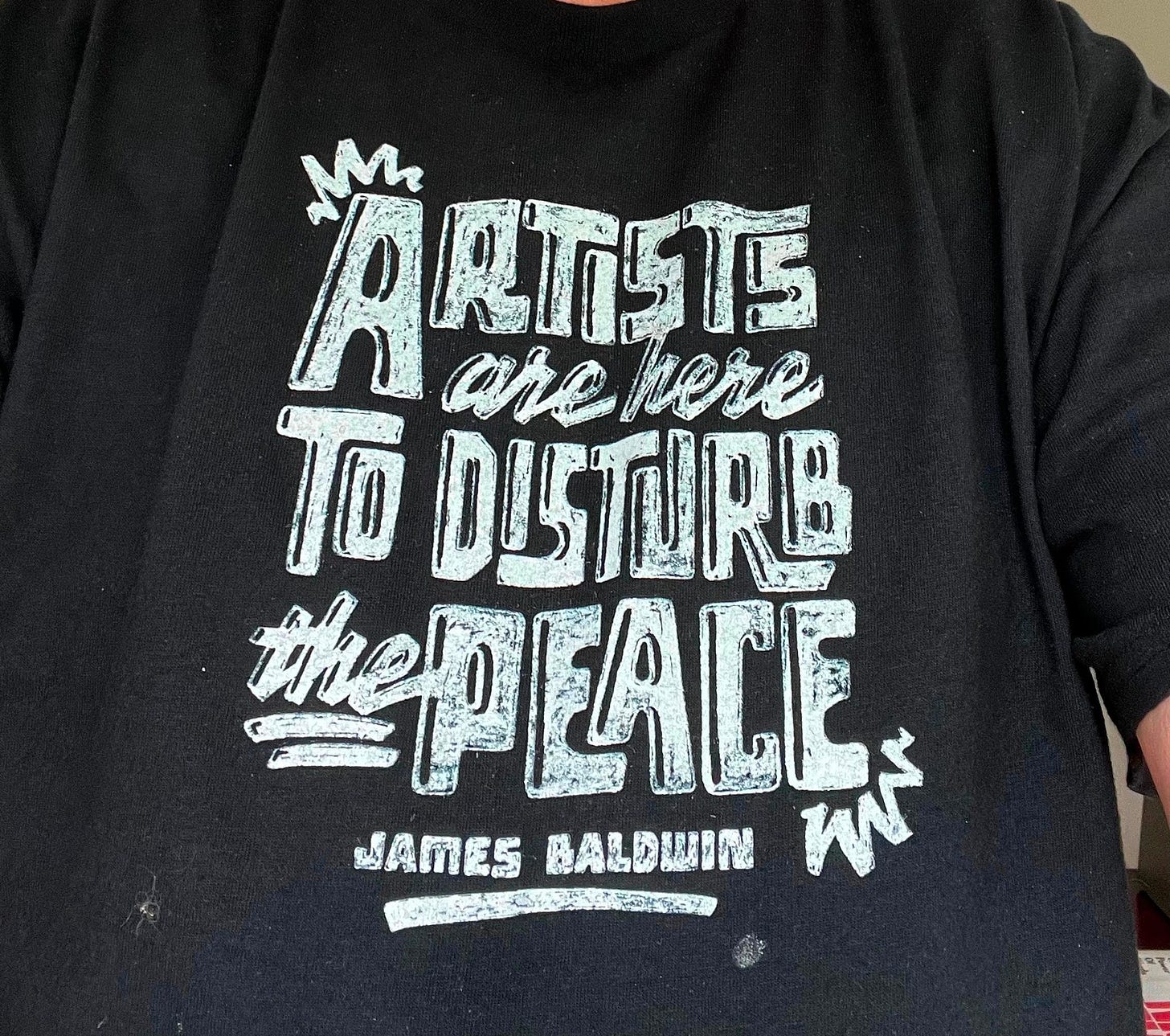It was Saturday, but my father was on his way to work, at the gas station he ran. No school for me, though, so I got to ride along with him in his Chevy pickup truck. It was a regular weekend thing for us. And, man, was it cool.
Then he dropped me off in front of the Detroit Main Library, and things got even cooler.
Walking up the front steps and through the library’s heavy brass doors, adorned with friezes carved in the stone along the borders, I felt as if I was entering a palace.
To the left was fiction. To the right was the youth and juvenile section, where I would spend the day reading sports and adventure stories by my favorite authors, like John R. Tunis and Esther Forbes.
But before I got there, I looked straight ahead, to a sight that never failed to fill me with awe – a huge blue globe, towering over me on a landing halfway up the grand main staircase.
I was back in heaven.
I have loved libraries ever since those childhood days, wherever I’ve lived. I’ve studied in them, played hooky in them, read for pleasure in them, worked on writing essays and novels in them, and generally revered them as egalitarian temples dedicated to the best kind of public service.
That’s why, when they come for the libraries, I take it personally.
And they are coming, make no mistake about that. They, as in the finger-pointing prudes of the ill-named Moms for Liberty and similarly censorious groups, who demand that books about racial, sexual or gender issues be restricted or removed. The public officials who cave in to those demands, and hold library funding hostage if librarians have the temerity to resist. And now, the Trump administration, which is trying to kill all federal funding for local libraries and eliminate the agency that distributes it, even though Congress has fully approved funds for that agency.
Fortunately, libraries and their supporters are fighting back. Among those leading that fight is the American Library Association, which is primarily and historically a professional association of librarians, not a litigant in the federal courts. But in April the ALA, along with a union that represents many librarians and other municipal workers, filed suit to preserve the federal Institute of Museum and Library Services. And on May 1, a federal judge issued a temporary restraining order blocking the elimination of that agency.
So I’ve joined the American Library Association. I’m not planning a second career as a librarian, and I don’t know how much my seventy bucks in dues will help. But they’re fighting the good fight, and it couldn’t hurt. I’m also doing some volunteering in my local library here in Hastings-on-Hudson, New York, which fortunately seems to be immune from the thought police.
And, having recently moved back to the New York area, I’m reacquainting myself with the glories of the New York City Public Library – the famous stone lions that guard the entrance to its flagship building on Fifth Avenue; the rare literary treasures on display there; the great reading room with its arched windows and muraled ceiling that has inspired and helped nurture so many writers, including Robert Caro, Betty Friedan and E. L. Doctorow.
This month, the library’s Schomburg Center in Harlem is commemorating its 100th anniversary, and it’s an occasion well worth celebrating. This library became a focal point for the writers, thinkers and scholars who fueled the Harlem Renaissance, as well as later Black writers, such as James Baldwin. The center has become a repository for Baldwin’s papers, and earlier this year it mounted a fascinating exhibit about Baldwin’s life and career, titled “Jimmy! God’s Black Revolutionary Mouth.” (The title is from Amiri Baraka’s eulogy of Baldwin in 1987.)
As I write this, I’m wearing a T-shirt I bought at the Schomburg Center with a quote from Baldwin:
Baldwin is now a literary icon – his 1953 novel Go Tell It on the Mountain made the Modern Library’s list of the 100 best English-language novels of the 20th century – but his books have still felt the censor’s lash. Parents in Prince William County in Virginia and Hudson Falls in upstate New York challenged the inclusion of Go Tell It on the Mountain on high school reading lists on the grounds that it was “rife with profanity and explicit sex.”
This process reached its ultimate point of absurdity this year in the Alabama community of Fairhope. The town was established in the late 19th century as a utopian colony by followers of economist Henry George, who opposed private ownership of land as a prime source of economic inequality. The public library they opened was one of the first in Alabama, and today is one of the most widely visited in the state.
That free-thinking legacy and contemporary popularity didn’t save the library from having its state funding cut off because of complaints from some residents about books they called sexually explicit. State officials demanded that the challenged books be removed from the teen section.
The library responded by keeping the books right where they are. Supportive townspeople rallied around their library and launched a crowdfunding campaign to replace the lost funding. To date, they have raised twice the amount that the state withheld.
“Don’t tell me I can’t read something,” one Fairhope resident, Catherine King, told the New York Times. “I’ll make that decision for me and my child.”
I suspect the original residents of Fairhope would be very pleased.
Ken Fireman is the author of The Unmooring, a historical novel about America in the 1960s. During his work as a journalist, he covered Washington, post-Soviet Russia and other battle zones.
Further reading:
Lynn Lobash, “Books Written at The New York Public Library,” New York Public Library, Oct. 5, 2016, https://wayback.archive-it.org/18689/20220312034453/https://www.nypl.org/blog/2016/10/05/books-written-library
“JIMMY! God's Black Revolutionary Mouth,” New York Public Library, https://www.nypl.org/events/exhibitions/jimmy-gods-black-revolutionary-mouth
Isabelle Taft, “Utopian Dreamers Founded This Alabama City. Now, a Fight Over Books Is Dividing It,” The New York Times, May 4, 2025, https://www.nytimes.com/2025/05/04/us/fairhope-alabama-books-libraries.html?smid=em-share
Friends of the Fairhope Library, https://www.gofundme.com/charity/friends-of-the-fairhope-library




Prescient words. Thanks, Ken. From today's NYT: "Administration Fires Librarian of Congress"
Yes! Here's the link, for anyone interested: https://www.ala.org/membership/personal-membership